http://www.massobs.org.uk/write-for-us/12th-may
DIARY ENTRY MAY 12TH 2021
This afternoon I’m going to start painting white flowers onto the walls of the bathroom. Should look great with the now rather worn out red, which I don’t want to paint over. I need to do something to get out my head. The last two days have been awful, crying all the time and having to talk to myself sternly, but it was also somehow lifechanging. Oh lucky me that I only have to Work From Home two days a week but it takes me five days to recover from those two days and by Sunday afternoon I’m ready to cut my throat. I just worked out I was redeployed six months ago, just before the 2nd lockdown. I’ve never met the team I’m working with and am finding it impossible to “join in.” As for the work, if this job had been advertised I would never have applied for it because (a) I can’t do it and (b) I hate it. And I can’t go back to my nice library assistant job with all my friendly colleagues and fun and laughter and team spirit because of MY FUCKING EYES. I should look for a new job but whenever I think about it, I end up in the same place: I don’t WANT a normal job. I want to be a SELF-SUPPORTING WRITER. I am already a writer. Got that one sorted out. Been at it for too long to start wondering whether it was the right decision. Some things you don’t get to decide about anyway. I’ve always wanted to write and always needed to write and only feel sane and happy and delighted with the universe when I write. I feel like myself when I write (the rest of the time I’m just pretending to be normal). But I can’t get anyone to READ my books. And oh, I’m so tired of this argument inside my head. I must MARKET my books. I must DO something on social media. I must SELL SELL SELL. And I just can’t. I’ve lost count of the number of books I’ve self-published (honestly, I couldn’t be bothered to work it out….six or seven and quite a lot of short stories) and I haven’t made a single penny out of any of them. I can’t stand it anymore. My misery on social media is killing me, just like my job is killing me. Trying to market my stuff is killing me. This is not what I was meant to do. I was meant to be locked away in my tower in the middle of a forest, writing my strange stories and wandering around with them all inside my head. I can’t live in this world. Shit, how many times have I said THAT. It’s not a suicidal comment. It’s a “fuck this universe” comment. Everything, everything always always always goes back to “I must get published.” “I must find an agent.” If I’d kept all the rejection slips over the years, I’d be able to build that goddamn tower with it. So. Let’s see. I live in a paper tower, miserable and alone and unable to socialise with anyone, friendless, agentless, futureless. I’m fifty seven years old. Today I decided to cut myself off from social media forever. That’s it. I’m done. I’ve had it. It didn’t work for me. I never sold a thing that way. I never sold a thing. My books languish in self-published hell. So now I’m going to go and paint white flowers in the bathroom walls.
This might not have been appropriate for the archive, but it was an important event in my life nonetheless. I really have given up social media because, not that ironically, it isn’t social at all. I need to find new ways to get noticed as a writer. But really, I just need to write.



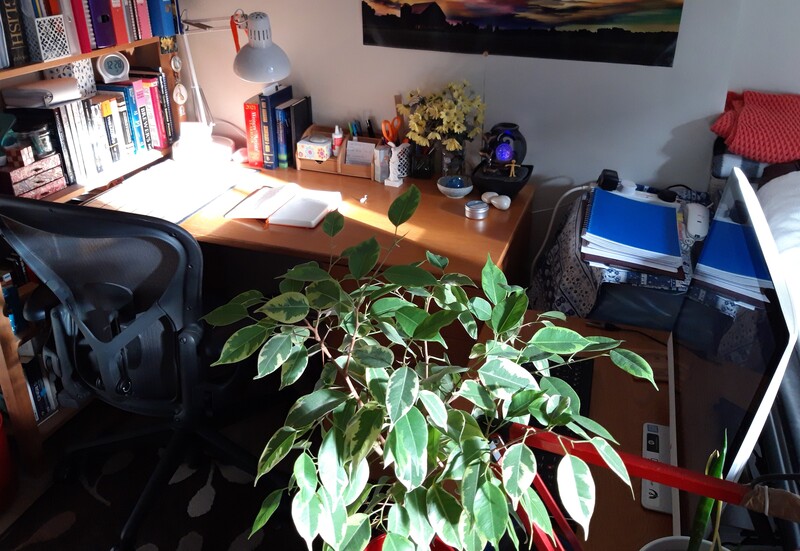
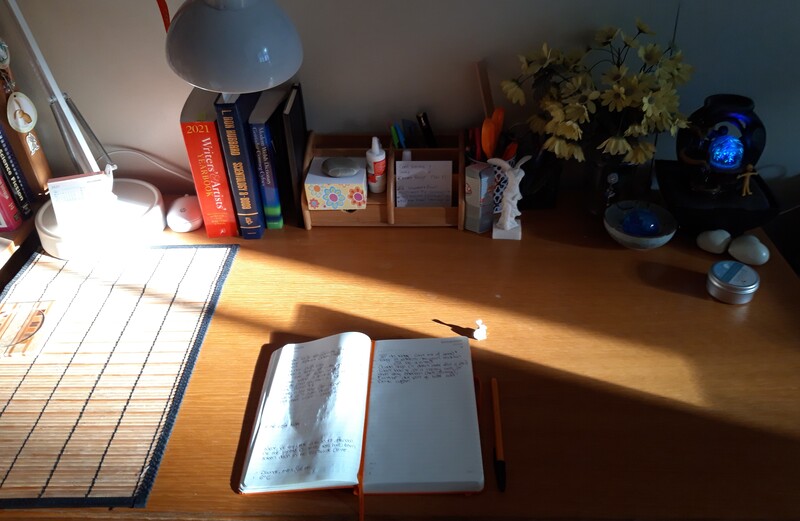
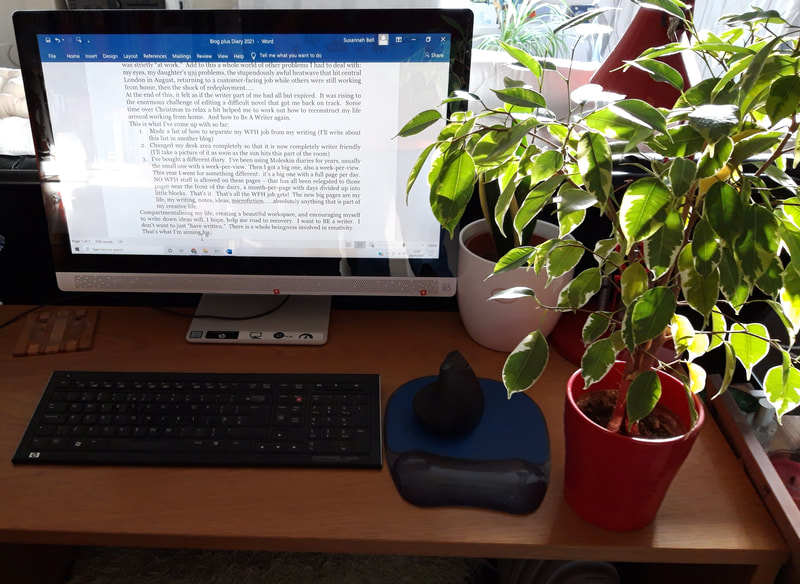


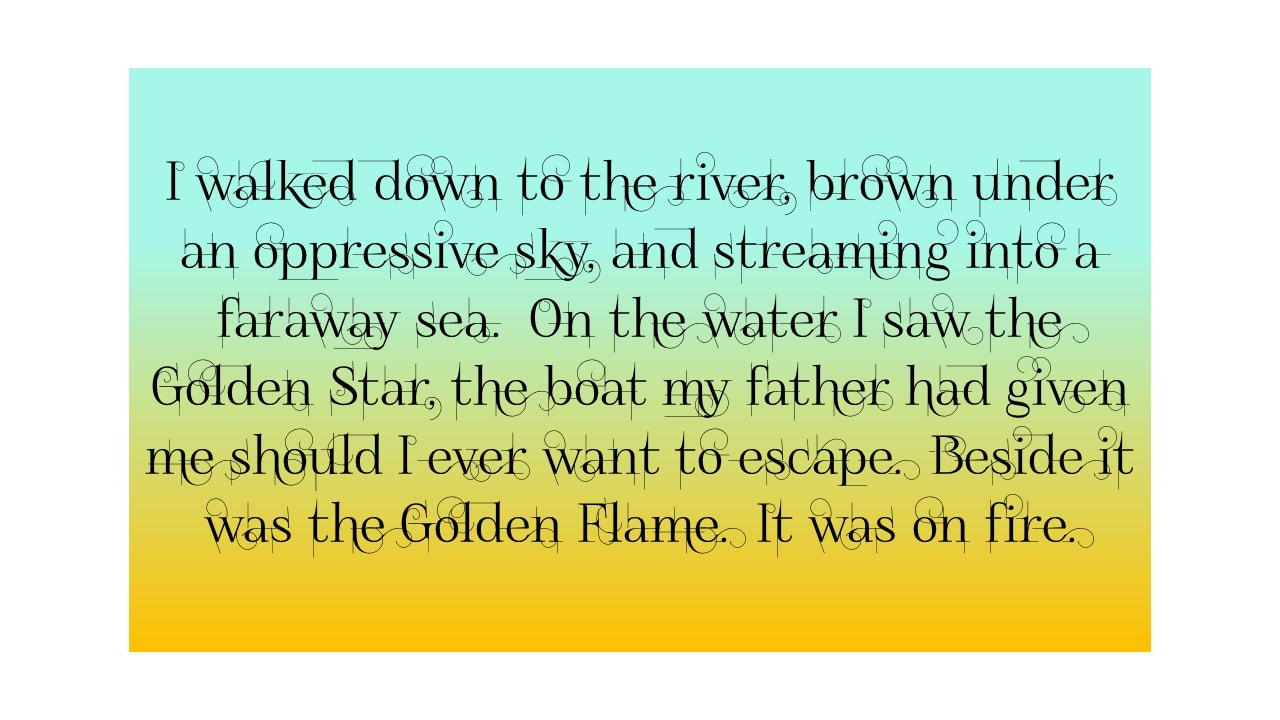
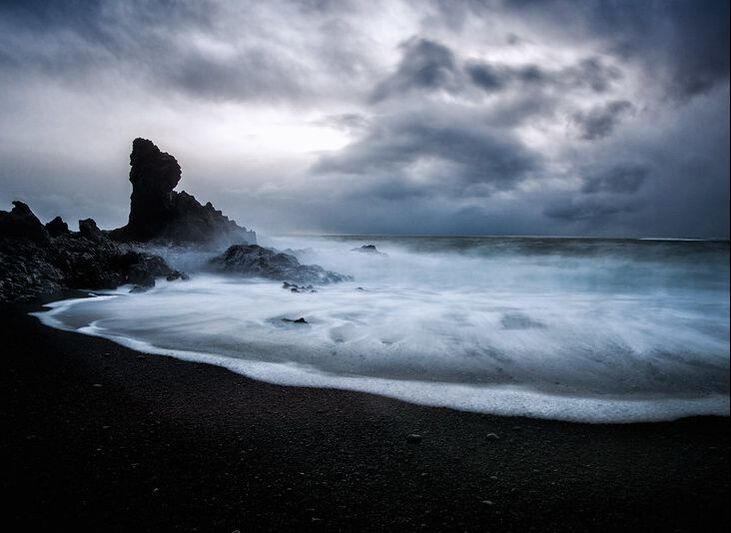


 RSS Feed
RSS Feed
